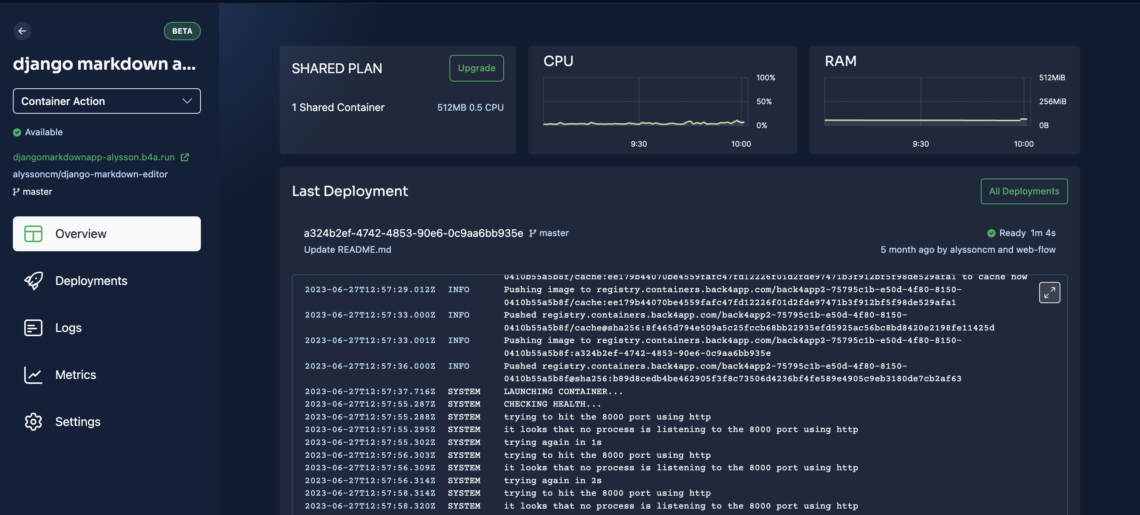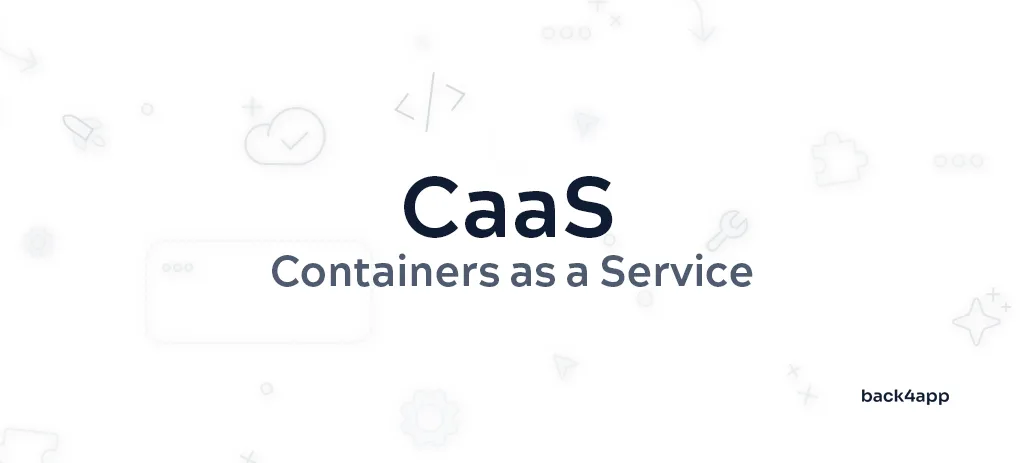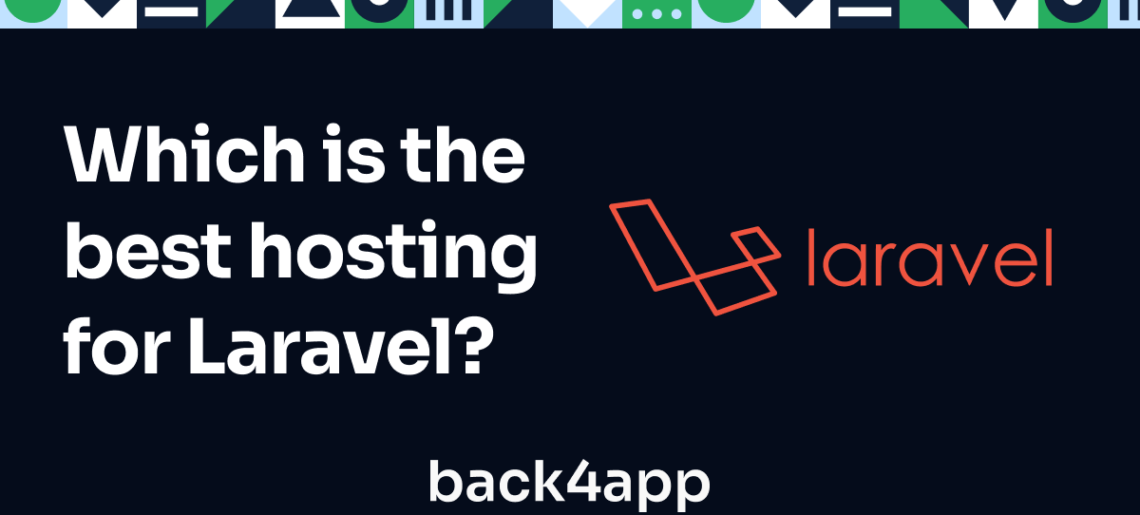Gatsby is an advanced, open-source platform for creating swift and effective websites and apps. Built on React and GraphQL, it provides accelerated load times, extensive plugin support, and a straightforward development environment.
It produces Progressive Web Apps, facilitating offline use and a native app experience. It’s excellent for SEO due to its static site generation, while its data-agnostic capability lets it gather data from diverse sources. Simply, Gatsby is a fast and versatile solution for modern web developers.
In this tutorial, we’ll guide you on how to deploy a Gatsby-based application, taking advantage of Back4app’s container features. This strategy unites Gatsby’s robust static site generation with the all-encompassing hosting solutions of Back4app.
Read More












